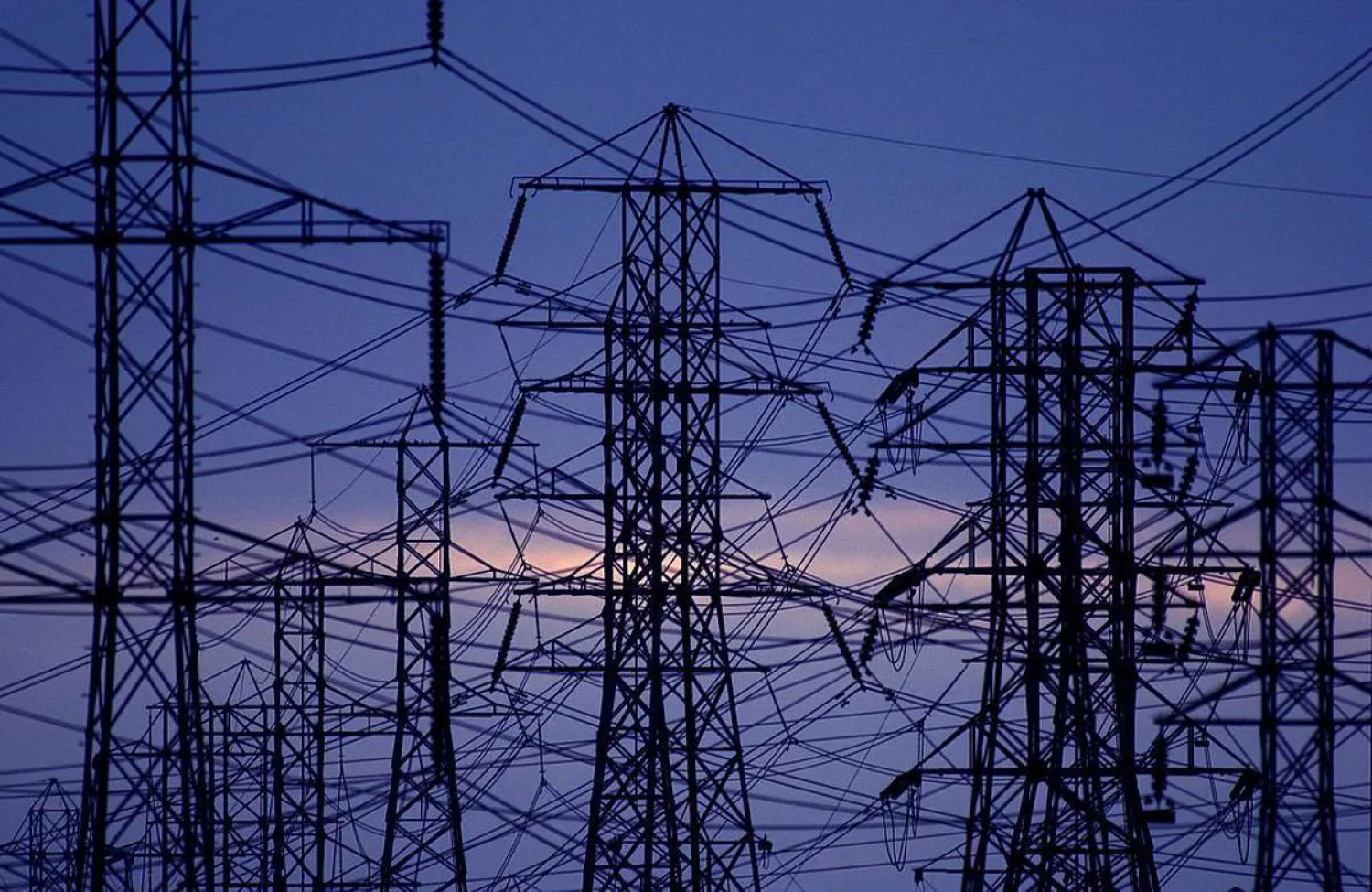The Arab Ministerial Council for Electricity has approved in its extraordinary session held Monday via videoconference on the “General Agreement,” and the “Arab Common Market for Electricity” agreement in their technical aspects.
The session was chaired by Egypt’s Minister of Electricity and Renewable Energy Dr. Mohamed Shaker.
Internal coordination is expected to be completed in each country separately, to be later presented to relevant ministerial committees and then the Council to move forward in activating a common Arab market for electricity.
Shaker reviewed the article on the Arab Common Market that provides for referring the recommendations of the steering committee in charge of following up the study of the comprehensive Arab electrical grid connection to the Arab Ministerial Council for Electricity to take the appropriate decision.
“We are in the process of reaping the fruits of more than 15 years of effort to achieve a comprehensive Arab electrical connection,” Shaker stressed.
He pointed to the importance of studying the means to take advantage of natural gas in Arab countries to produce electricity and export it in cooperation with the Arab Fund for Economic and Social Development.
This comes in accordance with decisions issued throughout the successive Arab summits, calling for the completion of Arab electrical interconnection projects for their great importance in creating an integrated Arab energy market that is managed according to economic foundations.
The Minister explained that the Arab Common Market is based on a strong institutional framework with an integrated infrastructure, which takes technical aspects into account.
He further noted that in order to achieve market integration, a legislative framework must be established and based on adopting four basic documents for the electricity market governance.
According to Shaker, the first is a memorandum of understanding to create a common Arab market that includes a political adherence to attaining integration between the Arab common market for electricity and the market’s legal basis.
The MoU was signed by Egypt, Kuwait, Saudi Arabia, the UAE, Bahrain, Algeria, Sudan, Iraq, Oman, Qatar, Comoros, Libya, Morocco, and Yemen on the sidelines of the 12th session of the Arab Ministerial Council of Electricity in April 2017, and it was later signed by other two Arab countries.
The second document is the General Agreement, which includes “market objectives, guidelines for market development, and the formation of market institutions, their roles, and responsibilities.”
The third, he added, is the Arab Common Market Agreement, which describes how its parties implement the obligations specified in the MoU and the General Agreement.
It also covers the commercial aspects of the market and defines the legal status, roles, and responsibilities of market institutions or committees.
The fourth document, however, is the rules for operating Arab networks. It includes “the minimum technical requirements that must be met to operate and plan national transportation network grids and electrical interconnection networks, including network operating rules, energy measurement and meters, billing and settlement”.









